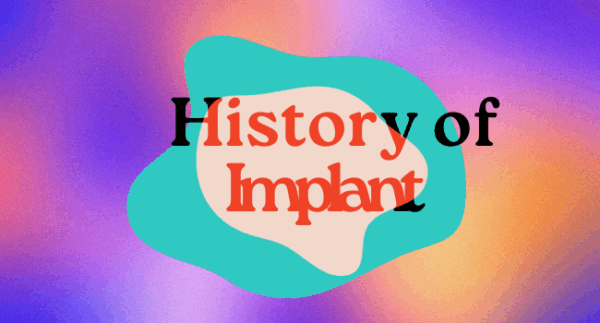Contraceptive Pearl: Opiate Use and Contraceptives
Opiate Use and Contraceptives
Because there are no known interactions between opiates and contraceptive hormones, patients who take opiates are eligible for all birth control methods.
Cornford, et al. collected data from 374 patients who were receiving treatment for opioid addictions. Overall contraceptive use was low (at 30%). These patients had high levels of ectopic pregnancies, pregnancy terminations, and chlamydia infection.
Terplan, et al. reviewed 24 studies on contraceptive use among women with opioid and other substance abuse disorders. Condoms were the most widely used method among drug users (62%). Nearly all pregnancies were unintended.
Contraception is particularly important for opiate dependent patients, given their high risk for unintended pregnancy and pregnancy complications. We should address contraception with these patients at every opportunity. Ideally, this vulnerable population should get care for addiction, medical issues, and reproductive health all from the same, trusted primary care clinician.
Resources
Your Birth Control Choices Fact Sheet
Sources
Pharma-free
The Reproductive Health Access Project does not accept funding from pharmaceutical companies. We do not promote specific brands of medication or contraception. The information in the Contraceptive Pearls is unbiased, based on science alone.

